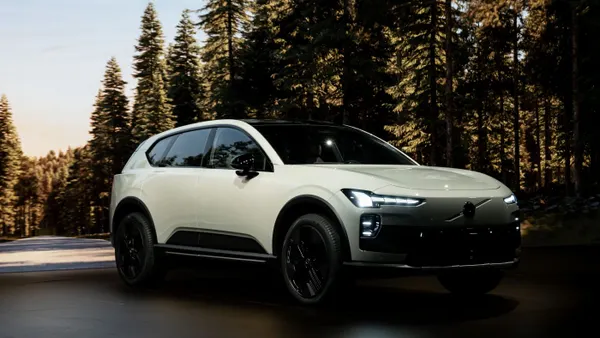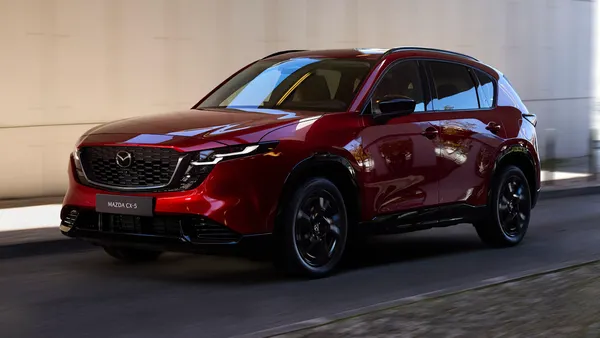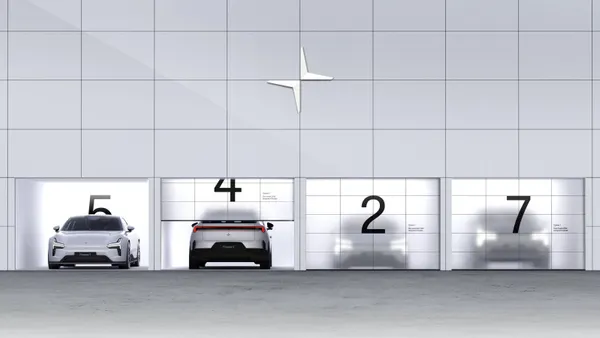Editor's note: This story is part of the WardsAuto digital archive, which may include content that was first published in print, or in different web layouts.
Honda’s vision for electrified vehicles of the future must get past the reality that of 17.5 million vehicles sold in the U.S. last year, 16.5 million were powered by gasoline, today’s cheap fuel.
The Japanese automaker’s long-term goal is to make electrified vehicles two-thirds of its global sales by 2030. Jeff Conrad, American Honda’s senior vice president-automotive division, realizes the goal seems daunting, given current circumstances.
“This is challenging, especially in a market when gasoline is cheaper than bottled water,” he says at the New York International Auto Show, where Honda debuts plug-in hybrid and all-electric versions of its new Clarity sedan.
They will join the hydrogen-fuel-cell Clarity that’s currently sold in California.
The Clarity lineup is the first to offer fuel-cell, plug-in hybrid and electric vehicles on a single platform, notes Conrad. “It heralds our electrification initiative.”
Honda hopes to sell 75,000 Clarity units in the U.S. over the next four years. That seems relatively realistic compared with some overly ambitious alternative-vehicle predictions of the past.
“Clarity is for customers willing to step up to the future,” Conrad says.
The three-in-one approach “is about meeting the needs of customers and giving them choices,” says Steven Center, American Honda’s vice president-environmental business development and product regulatory offices.
“The near-term focus is on plug-ins, and, to a lesser degree, battery-electric for the EV purists,” he says. The electric Clarity goes on sale this year in California and Oregon. The plug-in version hits dealerships nationwide this year.
Despite his water-gasoline price comparison, Conrad says, “The reality is that gas prices are not going to be down forever.”
It’s not just that though.
“A huge number of people, regardless of the price of gasoline, want to drive electric vehicles, want to drive alternative-fuel vehicles,” he says. “There’s an environmental movement in America. We want to be there for that group of people.”
Focus group feedback points to a “sustained desire and growing need for (alternative-power) vehicles, but it’s not going to spike suddenly,” he says.
Honda also plans to introduce a dedicated hybrid car next year. Why not a CUV considering that segment’s market is so hot?
“We think when it comes in to this marketplace, we can hit our goals with the cars,” Conrad tells WardsAuto. “In spite of a hot truck market, passenger cars still sell pretty well.”









